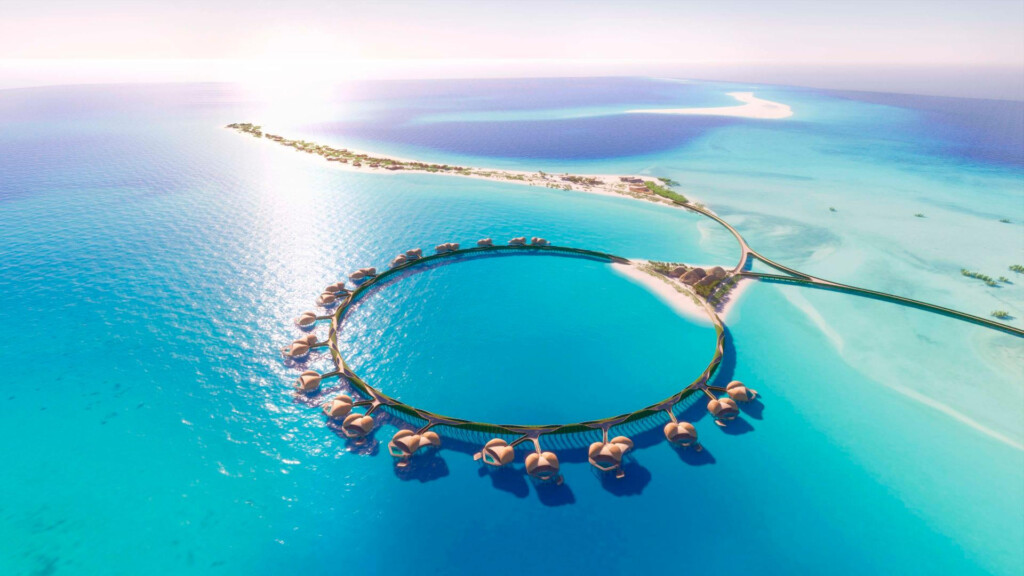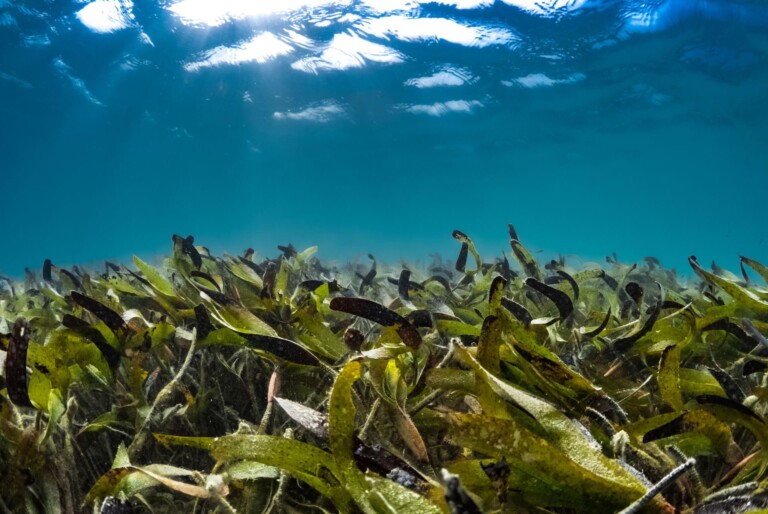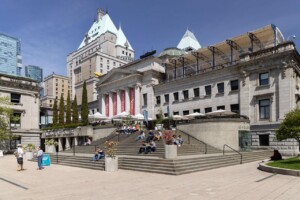Saudi Arabia’s Red Sea Global has published a new scientific paper that calls on the tourism industry to adopt regenerative tourism.
The new paper urges developers to go beyond environmental sustainability and embrace regenerative tourism, a development model designed to leave destinations in a better condition than they were found.
Red Sea Global is the developer behind Amaala and The Red Sea, both regenerative tourism destinations in Saudi Arabia.
The paper is co-authored by Professor Carlos Duarte, a leading expert in marine sustainability at King Abdullah University of Science and Technology (KAUST); Aradhana Khowala, CEO and Founder of Aptamind Partners; Maryam Ficociello, group chief governance officer at Red Sea Global; Ivor Williams, senior director of marine enhancement at Red Sea Global; and Rebecca Cousins, senior director of corporate affairs at Red Sea Global.
New scientific paper
Ficociello said: “Governance often falls short, even with sustainable tourism. Regenerative tourism demands more – it requires inclusivity, equity, and strong partnerships between communities, governments, and businesses.
“This paper calls on the tourism industry to embrace not just a new framework, but a new mindset that prioritizes building net-positive benefits for people and the planet.”
With climate change and biodiversity loss intensifying, the authors note that the current sustainable tourism model will no longer suffice as the industry is responsible for 8 to 11 percent of global greenhouse gas emissions.
The paper provides a roadmap for regeneration, which includes social engagement, the responsible consumption of manufactured products, sustainable food systems, protecting and restoring natural habitats, and transitioning to renewable energy sources.
“Regenerative tourism is not just about protecting nature – it’s about building long-term business resilience,” said Duarte.

“By investing in ecosystems and communities, businesses can weather future disruptions, attract eco-conscious travelers, investors and business partners, and ultimately contribute to global sustainability goals.”
Khowala added: “Regenerative tourism enhances hospitality in a positive way, by balancing economic growth with environmental and social restoration.
“But the biggest opportunity is to translate principles of regeneration into tangible experiences and itineraries and communicate your regenerative initiatives with effective storytelling such that a tourism model that revitalizes, nurtures and restores becomes possible for everyone.”
The full paper is available at Sustainability, an international, peer-reviewed, open-access journal published by MDPI.
Images courtesy of Red Sea Global














